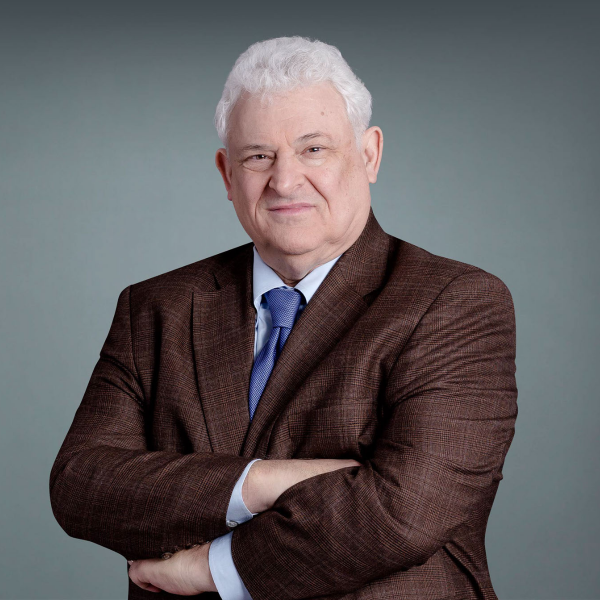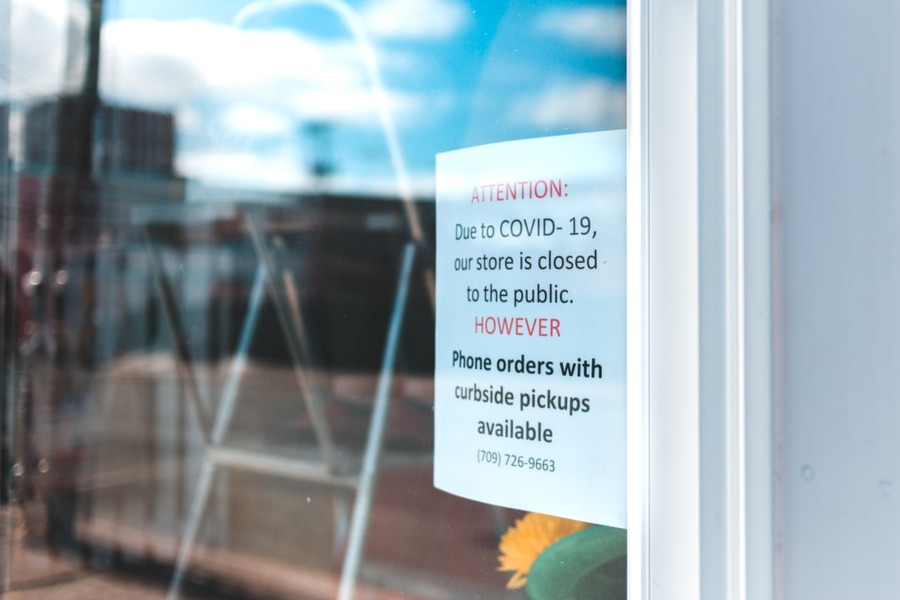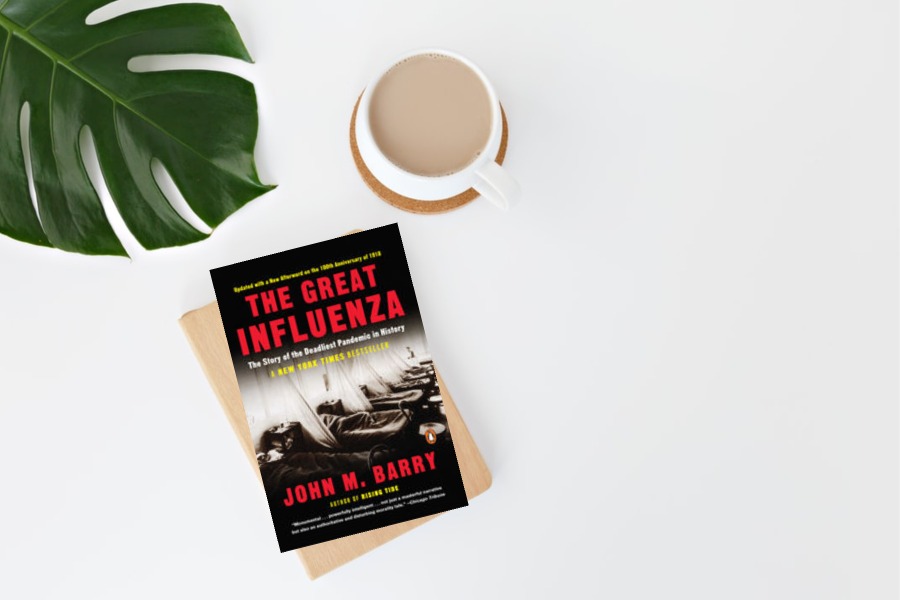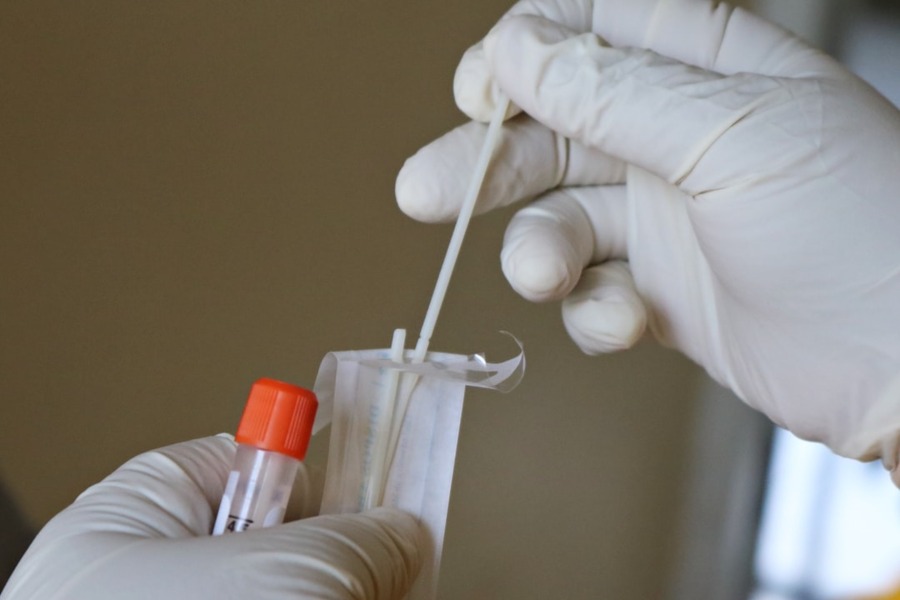Making a vaccine available through an emergency use authorization by the Food and Drug Administration – as well as the emergence of human challenge trials globally and talk of bringing the practice to the United States – are the latest wrinkles in the accelerated process that could lead to a shot to protect people from COVID-19, the prominent bioethicist Arthur Caplan told a briefing of National Press Foundation fellows.
An emergency use authorization – EUA – could be granted even before clinical trials for a vaccine are completed, as long as the vaccine maker and FDA agree the vaccine is “good enough” to be distributed, said Caplan, a professor of bioethics at the NYU School of Medicine.
“An emergency use authorization says, ‘We’ve collected enough data – even though we haven’t finished our study – to think that we’ve got something that is promising,’” he said.
If the vaccine receives an EUA, two months must pass after the vaccine is administered to be approved and distributed to the public. In the case of a two-shot vaccine, the two months begin after the second dose is given. Companies and their data safety monitoring boards determine if a vaccine is safe enough to apply for an EUA, Caplan said. Usually, companies conduct the third and final phase of a clinical trial for six months to a year, he said, rather than the two-month waiting period under EUA.
Caplan said data safety monitoring boards are shrouded in secrecy, and the independence of the members is mostly unknown. It’s something that journalists should cover more, he added.
“How independent those people are – whether they have conflicts of interest, have divested themselves from any connections, ownership, grants to the companies that ask them to serve in these roles – is a murky area poorly examined by journalists,” he said.
In addition, it is unclear if an EUA would apply to all people with approval by a doctor, or if the scope would be narrower. If the scope is narrow, this would mean only high-risk citizens, such as health care workers, could receive the vaccine.
Despite the ethical dilemmas, Caplan said he believes an EUA will be used in the United States. But this expedited approval can have consequences – such as people dropping out of vaccine trials so they can receive the approved vaccine. Other vaccine trials could be halted due to lack of subjects, he explained, even if the EUA vaccine is not the most effective one.
By doing that, those currently in a vaccine trial would be unable to receive the EUA vaccine because of the risks of combing different vaccines.
If the scope is broad in administering the vaccination, there is a chance people would abandon their masks and relax on social distancing, Caplan said. Finally, because of the expedited testing period, scientists will be less certain that a vaccine truly was effective.
Caplan also addressed the use of human challenge trials, now underway in the United Kingdom. In such a challenge, scientists deliberately infect patients in a controlled environment rather than “waiting for nature to infect your study group,” Caplan said.
Challenge trials are easier to track and quicker in identify results. But ethical dilemmas may outweigh the efficiency, Caplan said. (Click here for more of Caplan on COVID’s ethical dilemmas.)
“If you tried to deliberately infect people, we don’t have a way to rescue them. There’s no cure,” he said. “We’re better at trying to save lives than we were maybe nine months ago. But still, there’s no magic pill.”
Long-term physical effects of contracting the coronavirus need to be considered, he said, as well as financial assistance with medical bills in both the short- and long-term.
The National Institutes of Health has discussed using this format, he said, as well as other countries in Europe.
Five Takeaways:
- Ethical dilemmas are important for journalists to cover in both human challenge studies and emergency use authorization.
- Information surrounding data safety monitoring boards is murky, especially pinpointing who is on the boards and what conflicts of interest they might have.
- A vaccine will not be approved or authorized by Election Day 2020, Caplan said. No emergency use authorization has been granted to companies, and two months are needed after the vaccine is administered to monitor its effects.
- Countries in Europe are looking to possibly perform human challenge studies, which contain a plethora of ethical, financial and medical unknowns. Researchers in the U.K. announced in October using the method.
- Emergency use authorizations would either be narrow or broad in their distribution. Narrow would mean that only certain individuals – health care workers, for example – would receive the vaccine. A broad scope would allow anyone to receive the vaccination with a doctor’s approval.
This program was funded by GlaxoSmithKline LLC. NPF is solely responsible for the content.












